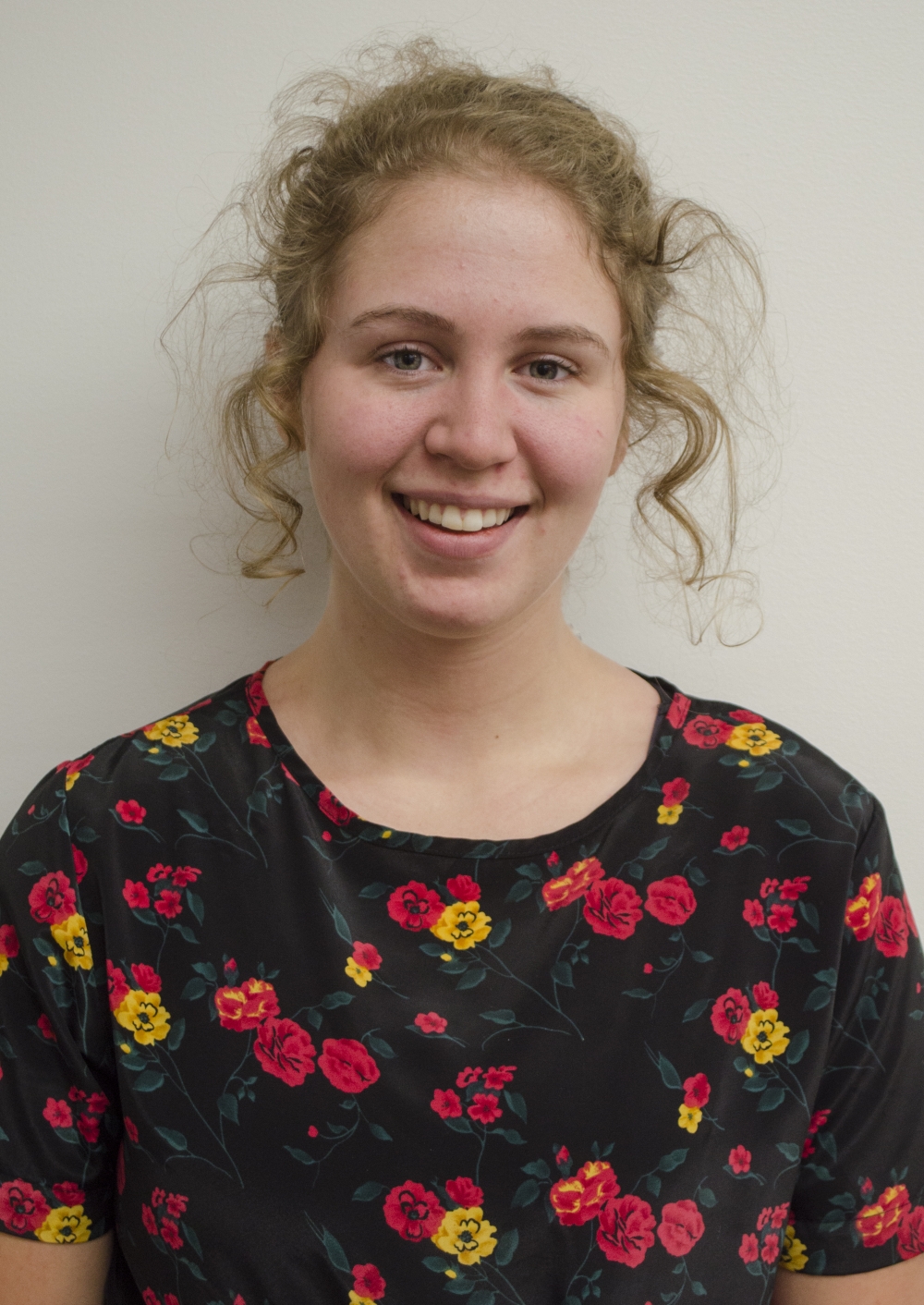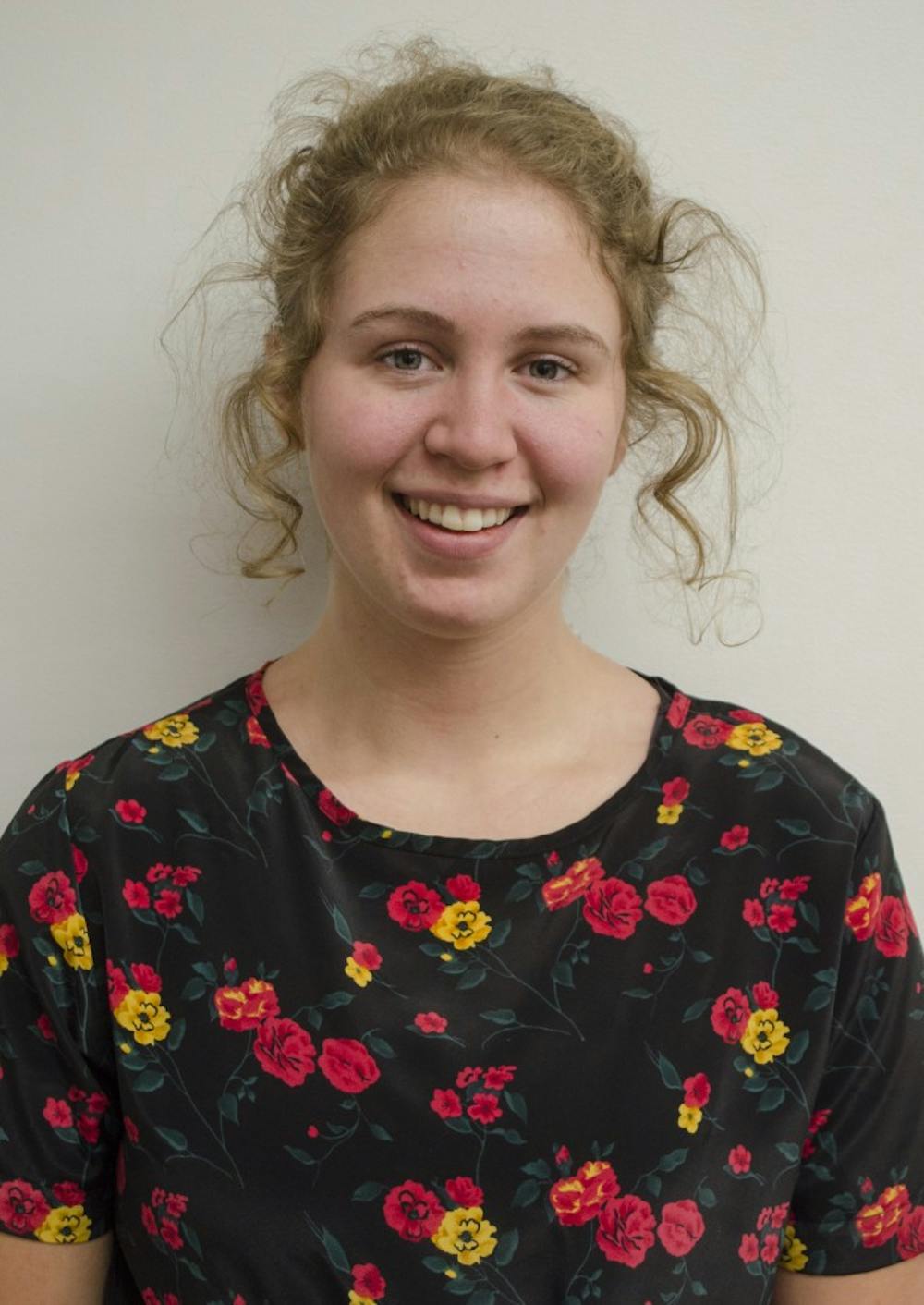Hannah Schneider is a junior communications major and creative writing minor and writes 'Schneid Comments' for the Daily News. Her views do not necessarily agree with those of the newspaper. Write to Hannah at hmschneider@bsu.edu.
 |
|---|
As I sit here in the library the week before finals, reviewing notes from class and cramming as much information into my brain as I can, sometimes I worry that all of my studying will be good for nothing. Any time I take a test, there are several multiple choice questions that provide context as to what is being tested. There is a framework provided, suggesting what knowledge I am supposed to possess. When written well, these questions can determine a student’s ability to eliminate probable answers with this previously ingested information. Also on these tests are True and False questions:
To which I say… what is the truth behind their effectiveness?
Unlike multiple choice questions, I didn’t find a lot of studies on their efficacy which is, to say the least, unfortunate and puzzling. If I am in school — and paying immensely for the opportunity, and if the goal is to glean the utmost comprehension of the material I am studying… why am I then given questions that give little chance to prove my knowledge and a large chance to over-think and misinterpret the content being tested? I took to the internet and tried to find some counterargument and I came across a few studies.
However, it was hard to find information readily supporting them. First of all, like multiple-choice, true and false questions are required to have good framing and a specific goal in mind. According to the University of Minnesota’s site, Ebel and Frisbie say that True and False questions provide the opportunity for students to prove their knowledge through the following ways:
“The essence of educational achievement is the command of useful verbal knowledge. All verbal knowledge can be expressed in propositions. A proposition is any sentence that can be said to be true or false. The extent of students' command of a particular area of knowledge is indicated by their success in judging the truth or falsity of propositions related to it.”
The site also explained that T/F questions have popularized largely because of their efficiency, but this comes at a cost to students when it whittles away our ability to prove our comprehension of the material.
Even though it seems like I successfully found a counterargument to my case through Ebel and Frisbie, I still I possess an urge to interject — when are propositions effectively proposed to target one facet of content, could they not be written with the chance for wider interpretation? This is where multiple-choice or fill-in-the-blank can help us determine what is being asked through the process of elimination. In T/F I am left circling one or the other and oftentimes, I rethink my answer and end up changing it.
University of Minnesota even goes on to say that the disadvantages for the dyadic questions include:
“True-false items are especially subject to guessing. Half the items would be expected to be correct by chance. In general, individual true-false items are less discriminating than individual multiple-choice items. There is a tendency to write trivial true-false items, which lead students to verbatim memorization. True-false items are not amenable to questions that cannot be formulated as propositions. The key is to write sound test items for either form."
I am not making these statements with the accusation that professors have not considered these facts and further explored the way their tests are created. My argument is that there are so many other ways to understand which students are grasping concepts and which are not, that it would be nice to have a way to prove my knowledge without also employing the psychological over-analyzation of second guessing. Multiple-choice questions help students gain context and this is what T/F questions often lack.
Many times I have walked away from a testing lab very frustrated because I lost points, and not because I didn’t study the material. The points were lost because I relied on my interpretation of what an educator wanted me to think, rather than synthesize concepts and prove that I’m learning. Because, after all, that is what we’re here for.





